The Indo-U.S. Nuclear Deal was envisaged during Indian Prime Minister Dr. Manmohan Singh’s visit to the U.S. in July 2005 which led to a Joint Statement announcing a slew of bilateral measures on areas like energy, space, agriculture, commerce and science and technology. The most important development perhaps was to initiate the measure to strengthen energy security and promote the development of energy markets in India with the objective of ensuring sufficient affordable energy supplies.
After many twists and turns of over three years during which several clauses of the deal met with severe criticism and stiff opposition from some quarters, both in America and India, the two countries finally sealed the unprecedented deal, on October 10, 2008, putting an end to controversies as well as to 34 years of India’s nuclear isolation.
The issue of the Indo-U.S. Civil Nuclear Deal is extremely complex involving national and international polity, nuclear non-proliferation, diplomacy as well as technicalities of the nuclear fuel cycle. This is also an important test case for both the United States and India to place their relationship in a new paradigm of collaborated acceleration rather than inconsistent progress in fits and starts. In the process, we will also be testing new waters of acceptance of India as a nuclear weapons state by the international community in general, and the nations in our immediate neighborhood, China and Pakistan, in particular.
ABOUT THE AUTHOR K R Gupta
Dr. K.R. Gupta is a well-known expert in the field of International Affairs. He has published over two dozen books and more than hundred papers in leading journals published in India and abroad. His latest publications include India-Pakistan Relations with special Reference to Kashmir, 3 Vols., Rural Development in India, 3 Vols., International Terrorism: World Viewpoints: Conventions, Resolutions, Legislations, Terrorist Organisations and Terrorists, 2 Vol., International Terrorism: Response of India, Pakistan and the United States, World Viewpoints on National Missile Defence, 2 Vols., Selected Documents on Nuclear Disarmament, 4 Vols., Comprehensive Nuclear-Test-Ban Treaty (CTBT), Issues in Indian Economy, 4 Vols., Liberalisation and Globalisation of Indian Economy, 5 Vols., A Study of World Trade Organisation, GATT Accord and India: A Critical Analysis of Results of the Uruguay Round of Multilateral Trade Negotiations and Their Implications for India, GATT Accord: Results of the Uruguay Round of Multilateral Trade Negotiations, GATT and Underdeveloped Countries: A Study of the General Agreement on Tariffs and Trade and International Economics.
ABOUT THE AUTHOR Rahul Bhonsle
Brig (Retd) Rahul K Bhonsle is an alumnus of the Defence Services Staff College, Wellington and Army War College, Mhow. He has served with the Indian Army for over three decades. He was on the Chinese Front in 1986, and successively operated at the Line of Control in Jammu and Kashmir from 1989 onwards. He served in the critical Kargil Sector during operations Parakram in 2002. Besides having a distinguished military career, he has to his credit a large number of books and articles published in professional journals, leading magazines and national dailies.
ABOUT THE AUTHOR Ved Prakash
Dr. Ved Prakash (b. 1962) a US Fulbright Post-Doctoral Fellow, specialist in Educational Measurement and Evaluation, is currently a Reader at the National Council of Educational Research and Training (NCERT), New Delhi. A prolific writer, he has two books, 42 research papers and 6 research reports to his credit. He has also coauthored 5 Teachers Handbooks brought out by the NCERT for the implementation of Minimum Levels of Learning (MLL) Programme. Formerly, a Joint Director, Staff Selection Commission, Government of India, New Delhi; Associate Professor, Insititute of Banking Personnel Selection, Bombay; Research Officer, National Board of Examinations, New Delhi, Dr. Ved Prakash has actively participated in a number of national and international seminars and conferences.

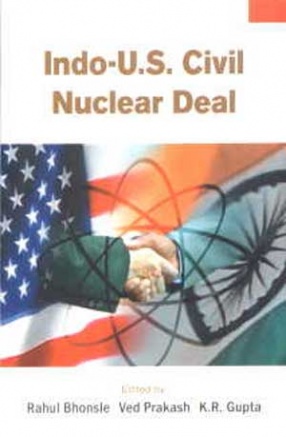
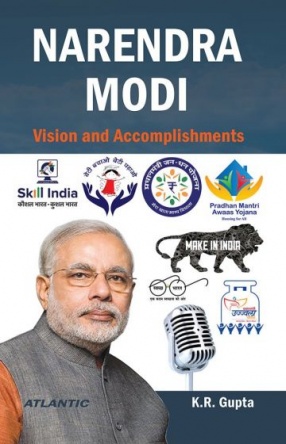
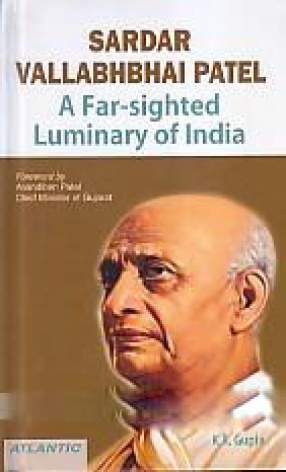
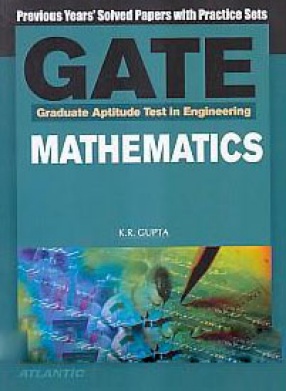
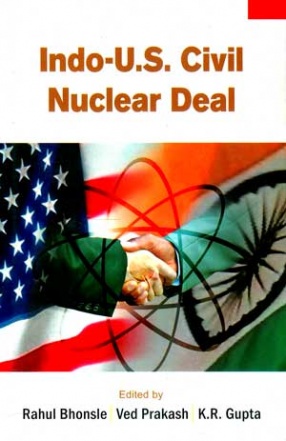
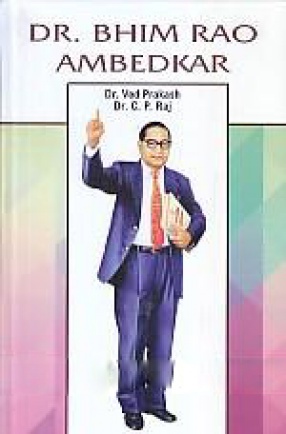
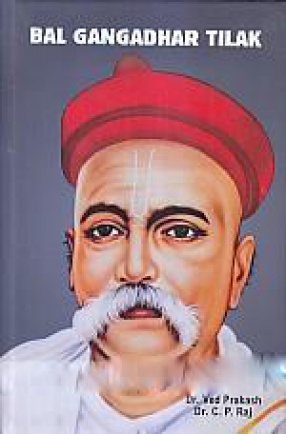
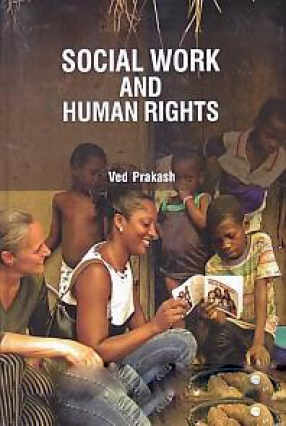

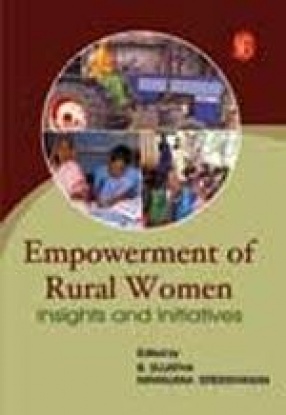
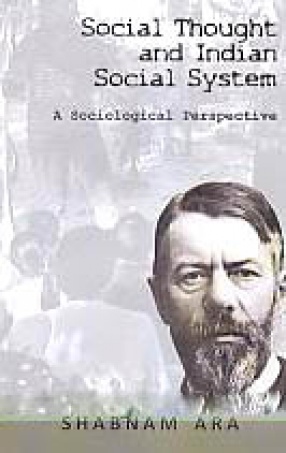
There are no reviews yet.